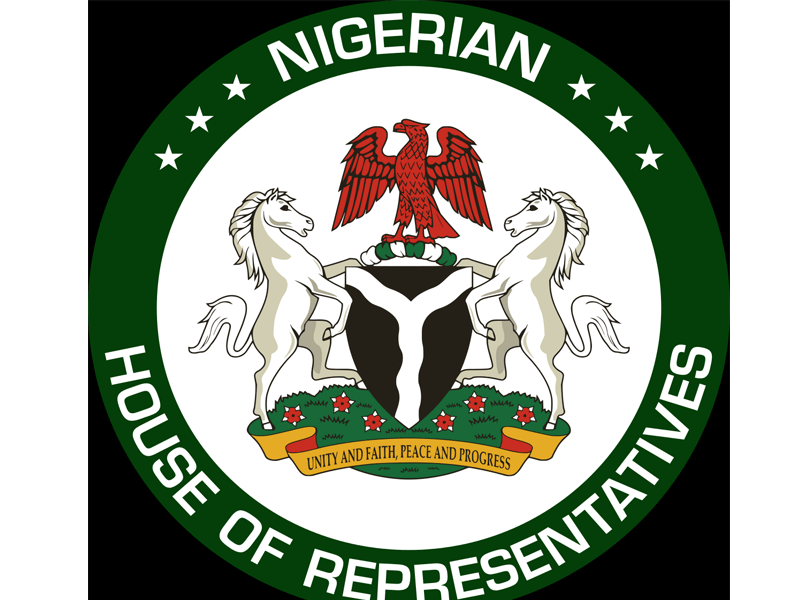Latest Headlines
House to Probe $38.7m NNPC-NAOC JV Okpai IPP Project

•To investigate plight of retirees under contribution pensions scheme
Juliet Akoje in Abuja
The House of Representatives has mandated its Committee on Power to conduct a comprehensive investigation into the NNPC–NAOC Joint Venture Okpai Independence Power Plant Project to ascertain the impediments leading to the abandonment of the project, and report back within four weeks.
This resolution followed the adoption of a motion on: “The Need to Investigate the Abandoned $38.7 million Phase 2 of the NNPC – NAOC Joint Venture Okpai Independence Power Plant Project, moved by Hon. Nnamdi Ezechi at plenary yesterday.
Ezechi noted that the Okpai IPP project, a joint venture between the Nigerian Agip Oil Company (NAOC) and the Federal Government, already received approval from the National Electricity Regulatory Commission (NERC) for the construction of phase 2.
He also noted that despite the substantial investment of $38.7 million, and the commencement of Phase II construction in November 2017, the project ended up being abandoned, resulting in the dilapidation of the critical federal infrastructure.
The lawmaker recalled that the Phase II project has reached approximately 90 per cent completion prior to its abandonment by contractors, Saipem Contracting Nigeria Limited (SCNL) and NAOC, and that the project site is in a grave state of decay, with billions of dollars worth of equipment and turbines unused, covered by grass, and taken over by shrubs.
He raised the concern that the abandonment of the phase II project jeopardises significant investments and further hampers increased electricity generation for the nation.
According to him, there is ambiguity surrounding the project’s contract amount, casting doubt on accountability and transparency in its execution.
The House in another development also urged the National Pension Commission to investigate the complaints of former employees who have been negatively impacted by the administration of pension funds and ensure strict enforcement of the law.
It also asked for the design of a framework to guide against infractions of the Pension Act, 2014 in furtherance of the anti-corruption stance of the present government.
This was as the House adopted a motion on the plight of retirees under the contribution pension scheme moved by Hon. Clement Jimbo on Tuesday.
Jimbo noted that the Pension Reform Act, 2014, was enacted to govern and regulate the administration of the uniform contributory pension scheme for both the public and private sectors in Nigeria.
He also noted that the objectives of the Pension Act, as spelt out in Section I of the Act, are to establish a uniform set of rules, regulations, and standards for the administration and payment of retirement benefits for the Public Service of the Federation.
He recalled that the Act further establishes a Retirement Savings Account (RSA), which specifies that a holder of the account shall, upon retirement or attaining the age of 50 years, whichever is later, utilise the amount credited to its RSA for the benefits specified.
“Most government retirees complained of rip offs under the guise of managing their benefits and entitlements under the Contributory Pension Fund Scheme operated by the Pension Fund Administrators (PFAs).
“The retiree’s complained that the Contributory Pension Scheme denies them of having a greater share of the lump sum after retirement, 25 per cent of the total amount credited to their RSAs is usually dispensed across board under the scheme, while the balance of 75 per cent is retained by the PFA for investment in the capital market with high returns, which is never added to the retirees’ monthly payments,” he added.
The lawmaker further said that with the rising value of the dollar against the naira, removal of fuel subsidies and increase in the price of goods and services, such paltry monthly payments, which remain the same for years, cannot sustain the retirees who had served the country honourably for 35 years.
“Pension Fund Administrators’ 75 per cent RSA investments have not yielded adequate returns to Nigerian workers post retirement due to inflation and naira dwindling fortunes, causing further economic impoverishment,” he added.
The House thereafter mandated its Committee on Pensions to invite the National Pension Commission and chief executives of the PFAs to brief it on the activities of the PFAs as it concerns the investment of the RSAs.
The briefing will also include benefits accruing to the employees upon retirement and the investment portfolio of the Retirement Savings Funds and report back within four weeks for further legislative action.












